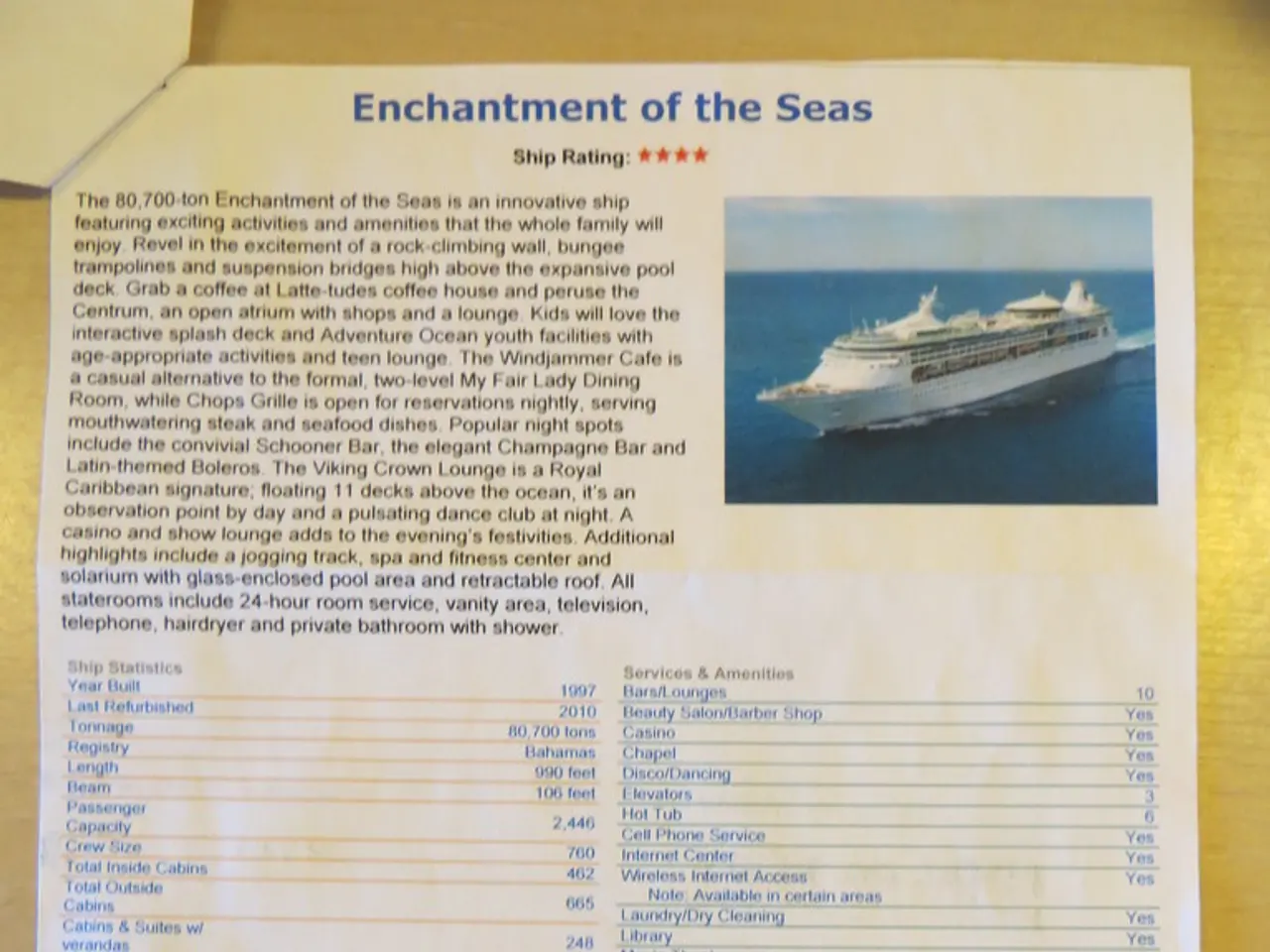Unraveling terms within charter agreements and financing complications: The subtle influence of Peaceful Possession Letters
In a significant ruling, the Singapore High Court handed down a decision in the case of CHLOE V (SGHC 142), which has far-reaching implications for ship finance and charterparty negotiations. The case centres around a dispute over a mortgagee bank's refusal to issue a Letter of Quiet Enjoyment (LQE), leading to the collapse of a charterparty and the subsequent arrest and judicial sale of a vessel.
The judgment underscores the risks of embedding lender-dependent conditions into charterparty negotiations. In the CHLOE V case, the shipowner was required to obtain the financier's approval before entering into certain charter commitments for the vessel. The financier's approval was necessary for bareboat or demise charters, charters lasting more than 12 months, charters with less beneficial terms than the market average, and charters to another Group Member.
The financier initially provided an in-principle agreement to issue the LQE, but later refused to do so. The court drew a clear distinction between the owner's contractual obligations under the charterparty and the lender's rights under the loan documents. The fact that the charterparty was conditional on an LQE did not, in itself, impose any duty on the lender to issue one.
The court found that the financier had legitimate concerns about the borrower's financial health, the sufficiency of charter hire, and the risk of a security shortfall. The financier's decision not to issue the LQE was commercially rational and lawful. The court did not find that the financier breached any implied duties in its decision not to issue the LQE.
The decision provides charterers with a degree of certainty that their use of the vessel will not be disrupted by the mortgagee, even in the event of the owner's default. Charterers are advised to negotiate flexibility in the LQE clause or explore alternative forms of comfort that may be more palatable to lenders.
Financiers are advised to ensure that loan documentation preserves absolute discretion and maintain clear internal policies on LQE issuance. An LQE is a contractual undertaking by the financier (mortgagee) that it will not interfere with the charterer's quiet enjoyment of the mortgaged vessel. Issuing an LQE would have materially curtailed the bank's enforcement rights, and the bank was under no obligation to compromise its security for the commercial benefit of the borrower.
The court's observations and views on common terms and conditions in charter situations and ship finance documentation are outlined in the decision. The court emphasized that financiers are entitled to protect their security, even if doing so frustrates the borrower's commercial arrangements.
The court's ruling in the CHLOE V case demonstrates how the Singapore Courts consider the commercial realities and rights of parties against the backdrop of ship finance. Shipowners must ensure that charterparty performance is not contingent on third-party approvals that are not realistically achievable to avoid overcommitting and underdelivering.
The bank that refused to issue a Letter of Quiet Enjoyment to a prospective charterer in the CHLOE V case is not explicitly named in the publicly available summaries and sources consulted. The case explores the legal and commercial tensions related to ship finance and charterparty negotiations but does not specify the bank involved.
In conclusion, the CHLOE V decision serves as a valuable lesson for all parties involved in ship finance and charterparty negotiations. It underscores the importance of clear communication, careful consideration of the commercial implications, and a balanced approach to protecting the interests of all parties.








